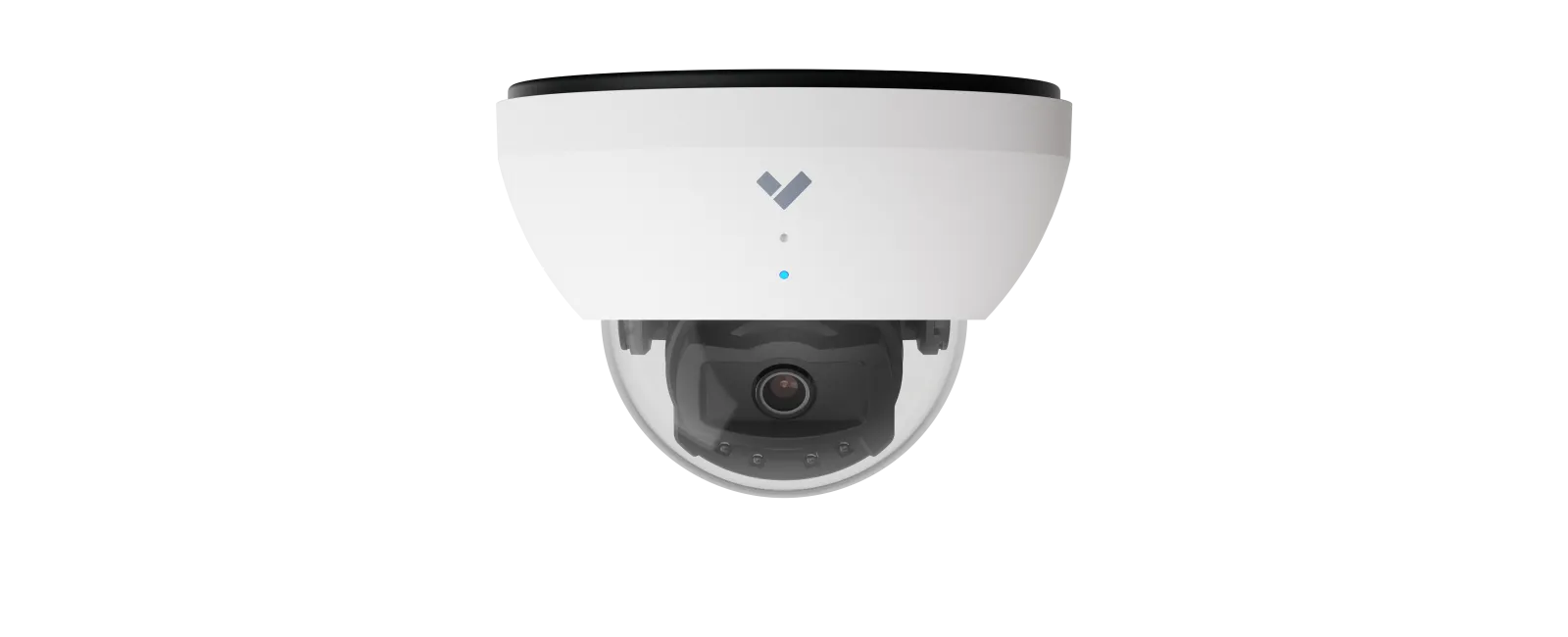February 05, 2025
Employers implement surveillance systems in the workplace for various reasons, including security, productivity monitoring, and regulatory compliance. However, workplace surveillance laws differ by state, and understanding these regulations is crucial to avoiding legal issues.
Why Businesses Use CCTV in the Workplace
Employers may install CCTV cameras for several legitimate reasons, including:
Security and Crime Prevention: Reducing the risk of theft, vandalism, and workplace violence.
Employee and Customer Safety: Ensuring a safe work environment and capturing evidence in case of an incident.
Regulatory Compliance: Meeting industry-specific requirements, particularly in sectors like finance and healthcare.
Operational Efficiency: Monitoring workflows to improve productivity and optimize business operations.
While video surveillance can be beneficial, business owners must adhere to workplace privacy laws to avoid violating employee rights.
Is It Legal to Have Cameras with Audio in the Workplace?
One of the most frequently asked questions regarding workplace surveillance is whether employers can install cameras with audio recording. The legality of audio surveillance depends on federal and state laws, particularly the Electronic Communications Privacy Act (ECPA) and state wiretapping laws.
Federal Law: The ECPA generally prohibits the interception of oral and electronic communications without consent. However, exceptions exist, such as when at least one party consents to the recording.
State Laws: Many states follow one-party consent laws, meaning that as long as one person involved in a conversation is aware of and consents to the recording, it is legal. Other states require all-party consent, making it illegal to record a conversation without everyone's permission.
Employers should check their state's wiretapping laws before implementing audio surveillance in the workplace.
Are Hidden Cameras Legal in the Workplace?
Whether hidden cameras are legal in the workplace depends on employee expectations of privacy and state regulations. In general:
Employers can install cameras in public areas such as lobbies, hallways, and shared workspaces.
Cameras cannot be placed in areas where employees have a reasonable expectation of privacy, such as bathrooms and locker rooms.
Some states require employers to notify employees about surveillance policies, while others have stricter limitations on hidden cameras.
Failing to comply with these laws can lead to legal consequences, including lawsuits and fines.
Workplace Surveillance Best Practices
To ensure compliance with state and federal regulations while maintaining workplace security, businesses should adopt best practices when implementing surveillance systems:
Conduct an Impact Assessment: Determine the purpose of surveillance and evaluate potential privacy concerns.
Establish a Clear Policy: Define how surveillance will be used and ensure employees understand their rights.
Notify Employees: Provide written communication outlining the extent of surveillance and any audio recording.
Respect Privacy Laws: Avoid monitoring private areas and comply with consent requirements for audio recording.
Limit Access to Surveillance Footage: Restrict access to recorded video and audio to authorized personnel only.
By following these best practices, employers can enhance workplace security while respecting employee privacy rights.
Final Thoughts
While workplace surveillance is legal in many cases, businesses must navigate federal and state-specific regulations to ensure compliance. Understanding the legalities surrounding CCTV monitoring, audio recording, and hidden cameras can help employers protect their company while maintaining employee trust.
Before implementing a surveillance system, consult an expert in workplace security laws to ensure your business remains compliant. For professional guidance on CCTV and workplace surveillance solutions, contact iS3 today.
